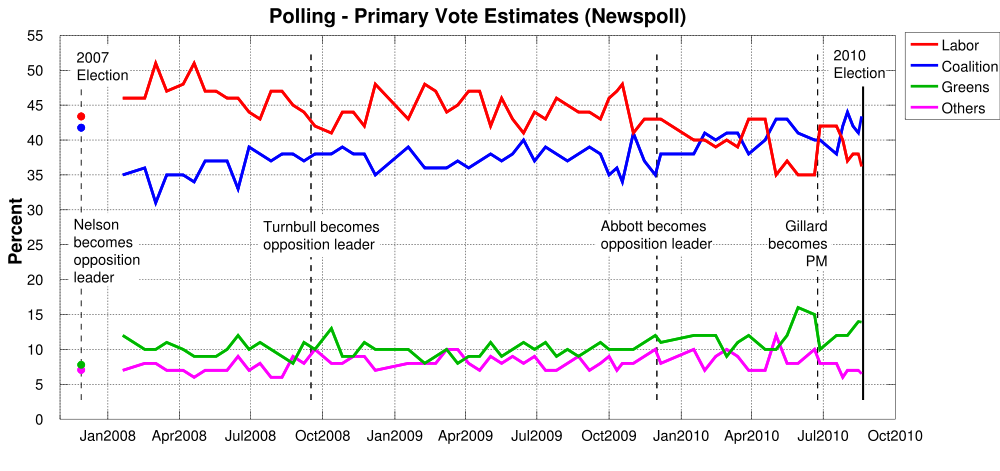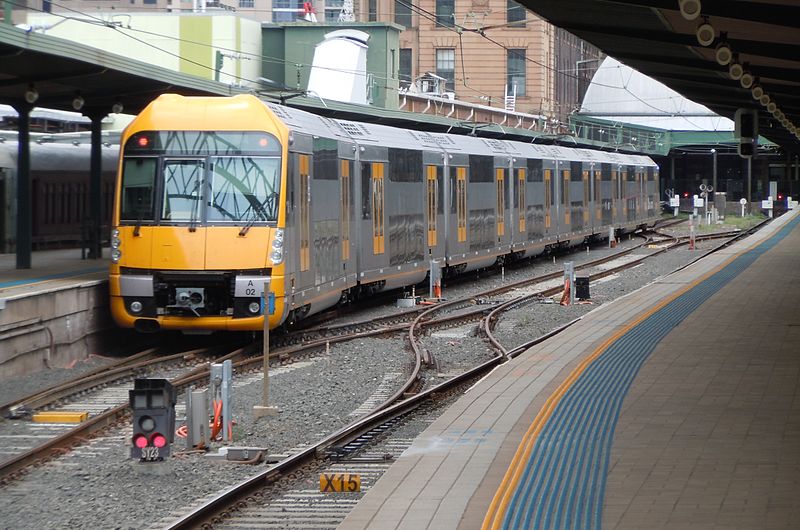Until now I've resisted blogging about "Labor's Black hole" mostly because I find the whole thing pretty bloody boring.
Every election where there is a change of government, no matter which side has seized power, there is the discovery of a "MASSIVE BUDGET BLACK HOLE" a few weeks after the election.
It is predictable and more than a little silly.
The reason for the "black hole" is of course to allow the incoming government to cut service to pay for election promises, but not cop any flack for the cuts.
it's painfully transparent, but, as the saying goes, they'll stop doing it when it stops working.
It has also been interesting to note the divergent coverage of the "scandal" - the Daily Telegraph described it as "ALP's Budget black hole deepens to $5.2 billion" .
The Sydney Morning Herald is saying that the "Audit gets Labor out of a hole," reporting, in short, that Labor had been exonerated by the comments contained in the audit.
I quite liked Alan Moir's cartoon today that neatly summed up the entire kerfuffle:
 |
| From the Sydney Morning Herald |
The issue is profoundly boring because it is a charade played out for the gullible, or at least those with memories so short they can't remember that the last 14 governments all played the same cards.
The only interesting part is seeing what programs the Coalition government plans to use this "black hole" to cut.
The first item, according to the Telegraph, is to be the number of state funded cars. Apparently the NSW fleet vastly exceeds Victoria's figures.
Clearly spending more than Victoria on a particular item is all the justification that is needed to start cuts
A further area of "waste" is the number of cheques issued, at a cost that apparently runs into the tens of millions.
The Coalition also promised during the campaign to ditch the Western Expressway as well as the Parramatta to Epping Rail link, which will apparently save $4 billion.
The most important announcement, however, is that the budget is going to be one of "tough decisions"
Clearly, the Coalition is softening up the ground for a budget that will upset some people.
It makes sense as a tactic - upset people now when they will love you no matter what, so that by 4 years from now they will forget about the cuts you made just after you were elected.
It's the reverse of the tactic used by Labor over the last few election cycles of announcing a "freeze" of public transport fares in the months before the election.
What really annoys me is the shameless posturing. Everyone who follows politics with any enthusiasm knows that the black hole is a joke, but of course those in power know that it is not the people who pay attention that they need to woo.
It's a tedious period in the electoral cycle, but it's unsurprising that Robertson is not saying much - better to let things settle down and then start making noise again once people are willing to give Labor a second look.
Unfortunately, it looks like we might have a fair bit more drudgery in store before things really kick off.
*******************************
An update on my blog about John Flowers. The SMH reported today that the government would be changing the relevant regulation to allow John Flowers to take his seat as the member for Rockdale.
It seems sensible enough - it's a bit ridiculous that a person cannot take their seat if on a pension, but also cannot elect to surrender said pension.
That said, it still reflects poorly that the issue was not resolved until the last minute. Further, no one seems to have reported exactly what his disability is or how it is that he was too disabled to work as a teacher but well enough to run for and win a seat in the state parliament. Odd.



